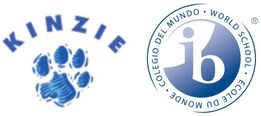Science Year 1
Science Year 1 Units |
Content Skills |
|
Erosion and Deposition
Plate Tectonics Weather & Atmosphere Earth in Space |
|
Science Year 2
Science Year 2 Units |
Content and Skills |
|
Ecology
Evolution Body Works Cell Biology & Disease |
|
Science Year 3
Science Year 3 UnitsChemistry of Materials
Energy Water Force & Motion Studying Materials Scientifically |
Content and Skills
|
